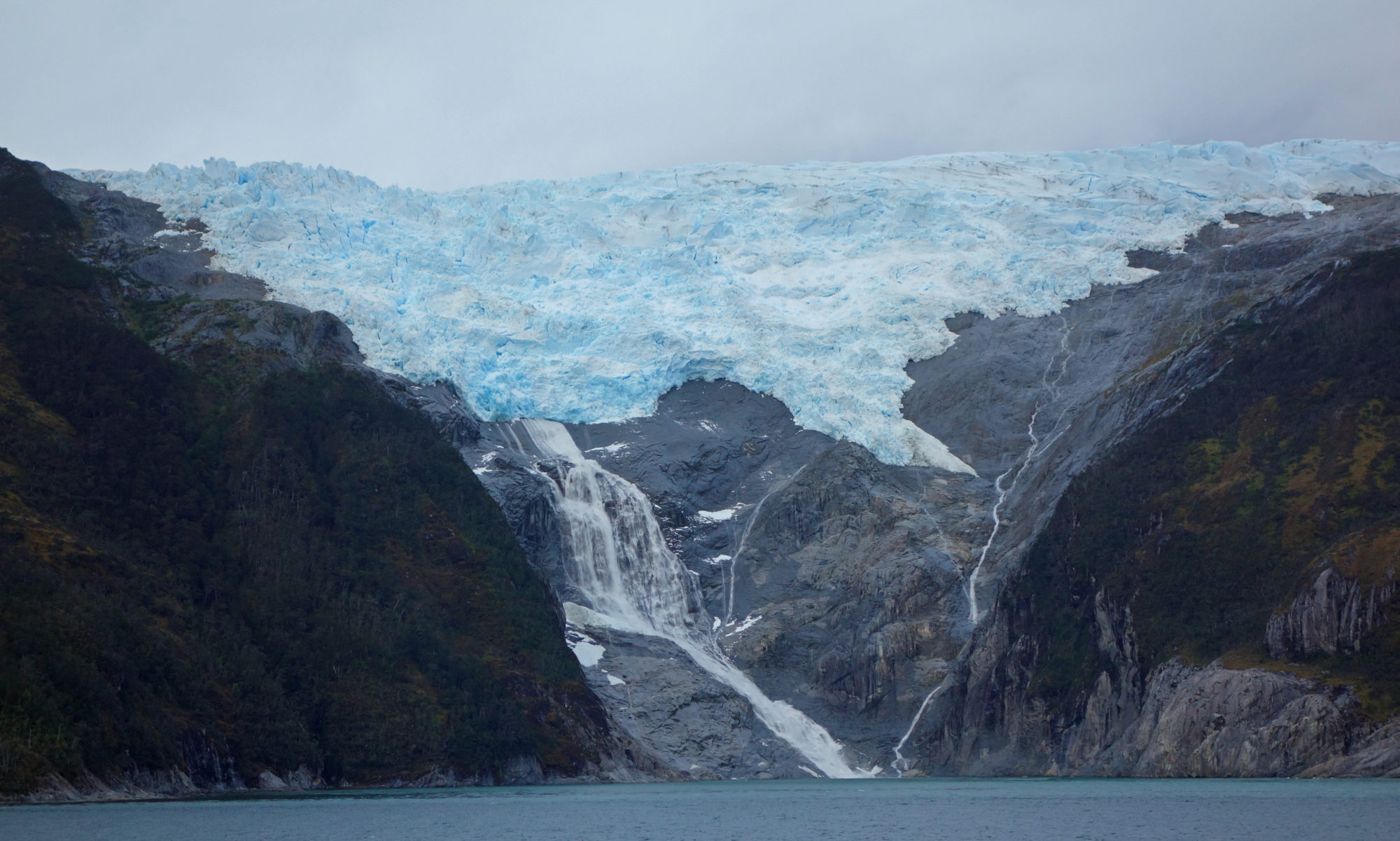New Scientist magazine (5 October 2013, page 17) reported that the collapse of the USSR resulted in the largest ever human-made carbon sink.
When the USSR split into separate republics in 1991, the loss of government subsidies and privatisation of land resulted in 455,000 square kilometres of farmland being abandoned.
As plants reclaimed the land, 42.6 million tonnes of carbon have been locked away every year since 1990 – equivalent to storing 10% of Russia’s annual carbon dioxide emissions from fossil fuel.
More recently, The Age reported that Russian villages are disappearing as the population declines. As a result of some villages and hamlets becoming deserted, trees grow up through the old roads, making them impassable (July 31, 2017, reproduced from the New York Times).
This is a good situation for mitigating climate change, even if it is not a deliberate strategy. A smaller population, assuming that carbon dioxide emissions per capita are not growing, means a fall in total emissions. And an increase in the number of trees means more absorption of carbon dioxide from the atmosphere.
United Nations population projections are for Russia’s population to decline from a figure of 144 million in 2017 to 133 million in 2050 and 124 million in 2100 (World Population Prospects, 2017 Revision).
Russia’s greenhouse gas emissions are rising after a large drop in the 1990’s, following the collapse of the Soviet Union. Russia’s plans for emissions reductions are not ambitious and it is not clear that President Putin is convinced of the need for reductions (http://climateactiontracker.org/countries/russianfederation.html, accessed 6 September 2017).
It is just as well that new trees are growing – Russia is a relatively large emitter of greenhouse gasses.
Russia is important to resolving climate change in another way. It has vast forests, greater than the Amazon. It has approximately one-fifth of the world’s forest areas. Significant clearing would release vast amounts of carbon dioxide, so it is vital that these forests are protected.
With a better commitment and strategy, Russia has the potential to make a major contribution to a global reduction in net emissions.
